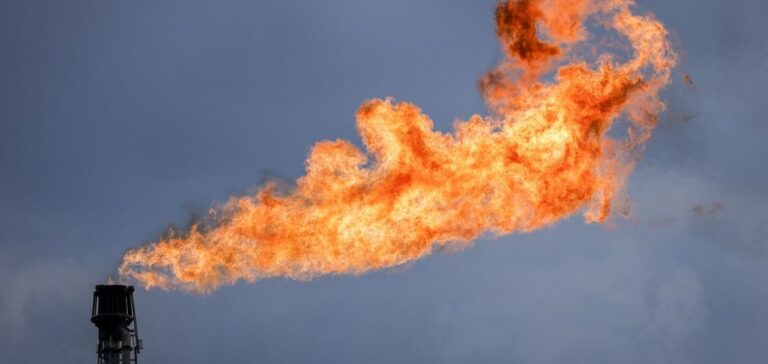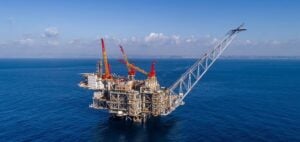Uzbekistan, facing a decline in its domestic gas production, is accelerating efforts to secure its energy supply. Saneg, a key independent player in the hydrocarbons sector, has launched a strategic project aimed at capturing flared gas from its production sites and integrating it into the national grid. This initiative, supported by partners such as Vema (Switzerland) and ICA-Finance (Norway), reflects a pragmatic approach to leveraging local resources while addressing economic and political pressures in the sector.
Launched last March, this €14 million project enabled the construction of 70 kilometers of gas pipelines and the installation of 21 modular compressors across key fields, including Northern Urtabulak, Sardob, and Shurtepa. These infrastructures process up to 70 million cubic meters of methane annually, a resource previously untapped.
Optimizing flows and market prospects
By capturing associated gas, traditionally flared on-site, Saneg has not only reduced flaring but also converted this resource into additional revenue. This gas is now injected into the national transmission grid, serving the growing local demand and reducing reliance on imports.
The installed equipment, including compressors operating at high pressures and ultrasonic flow meters, ensures reliability and precision in gas flow management. This infrastructure is part of a broader strategy to stabilize gas supplies while minimizing costs related to natural gas imports.
Complementary initiatives on methane emissions
Saneg also deployed a Leak Detection and Repair (LDAR) campaign in collaboration with its European partners. This initiative leverages advanced technologies, such as drones and analytical systems, to identify and seal methane leaks at its facilities. The program reduced methane emissions by 83,000 tons of CO2 equivalent annually, enhancing the operational efficiency of its sites.
This proactive emissions management, conducted under Clean Development Mechanism (CDM) standards, has been registered with the German Emissions Trading Authority. This recognition offers Saneg better visibility in European markets and facilitates interactions with international financial players.
Regional context and growth strategy
In a sector marked by declining national production, Saneg’s strategy demonstrates a model of mature, performance-oriented asset management. Since 2019, the company has significantly increased gas production from complex reservoirs, reaching 1.3 billion cubic meters in 2023. By capitalizing on unconventional reservoirs and technical partnerships, it aims to increase this capacity to 3 billion cubic meters in the coming years.





















